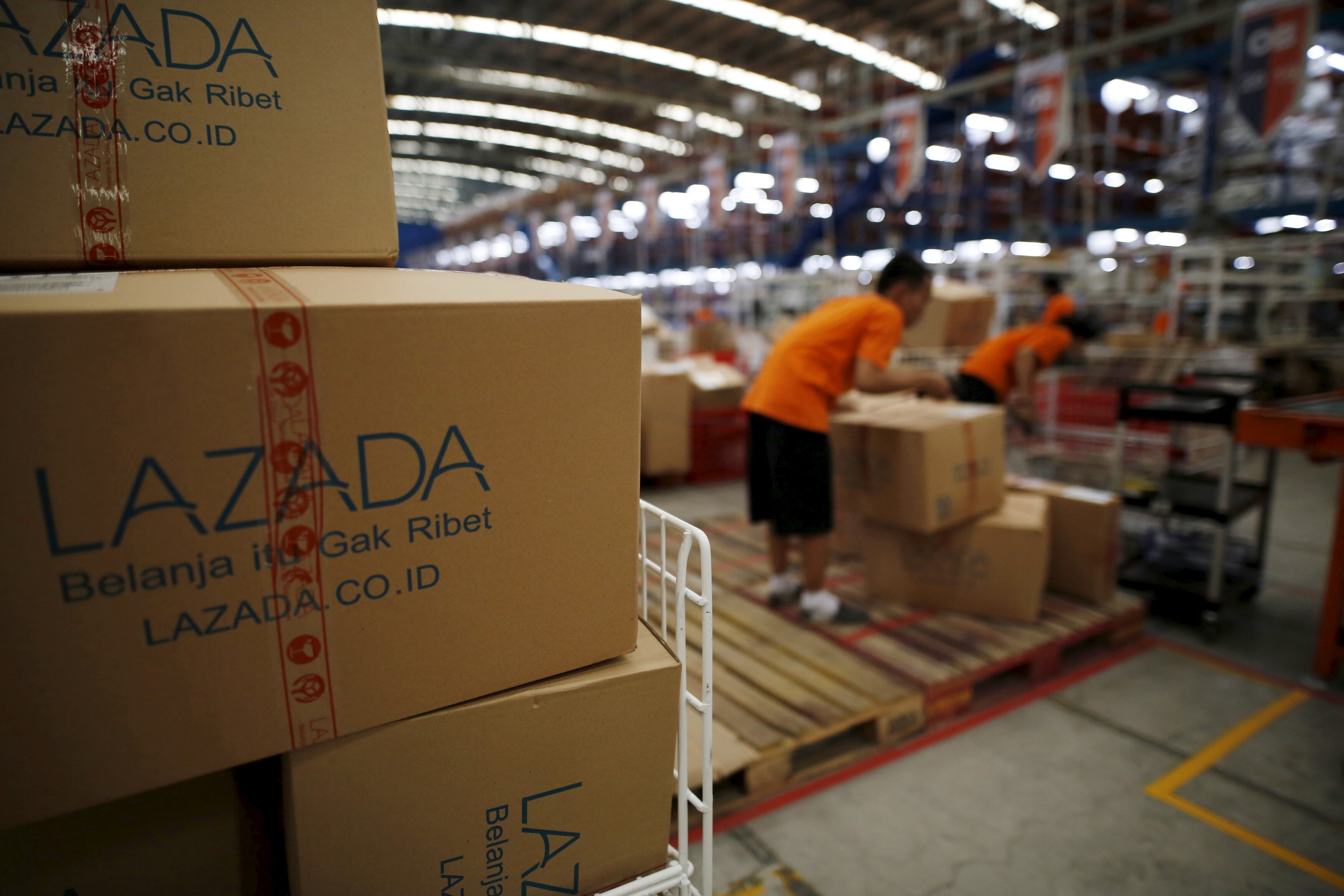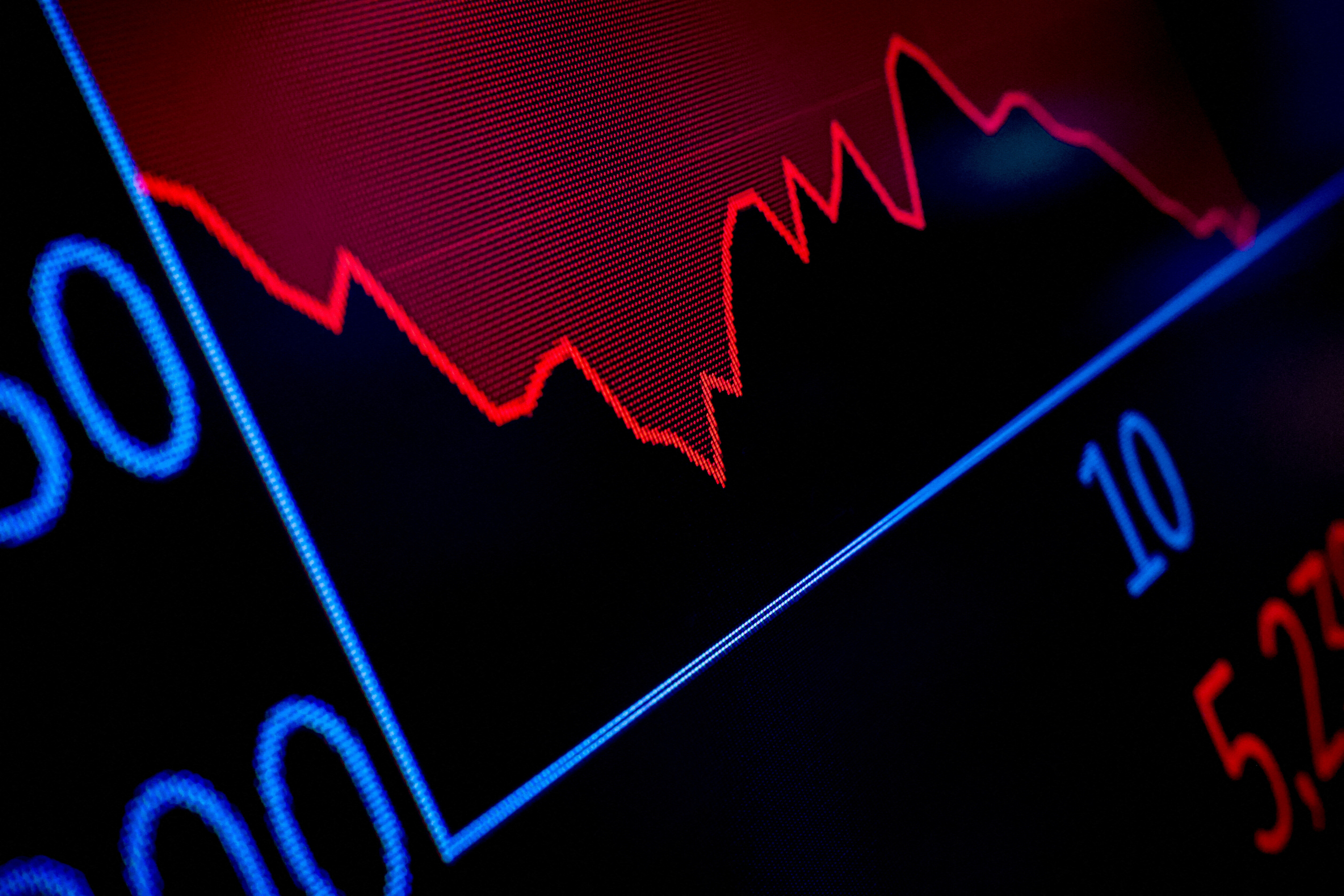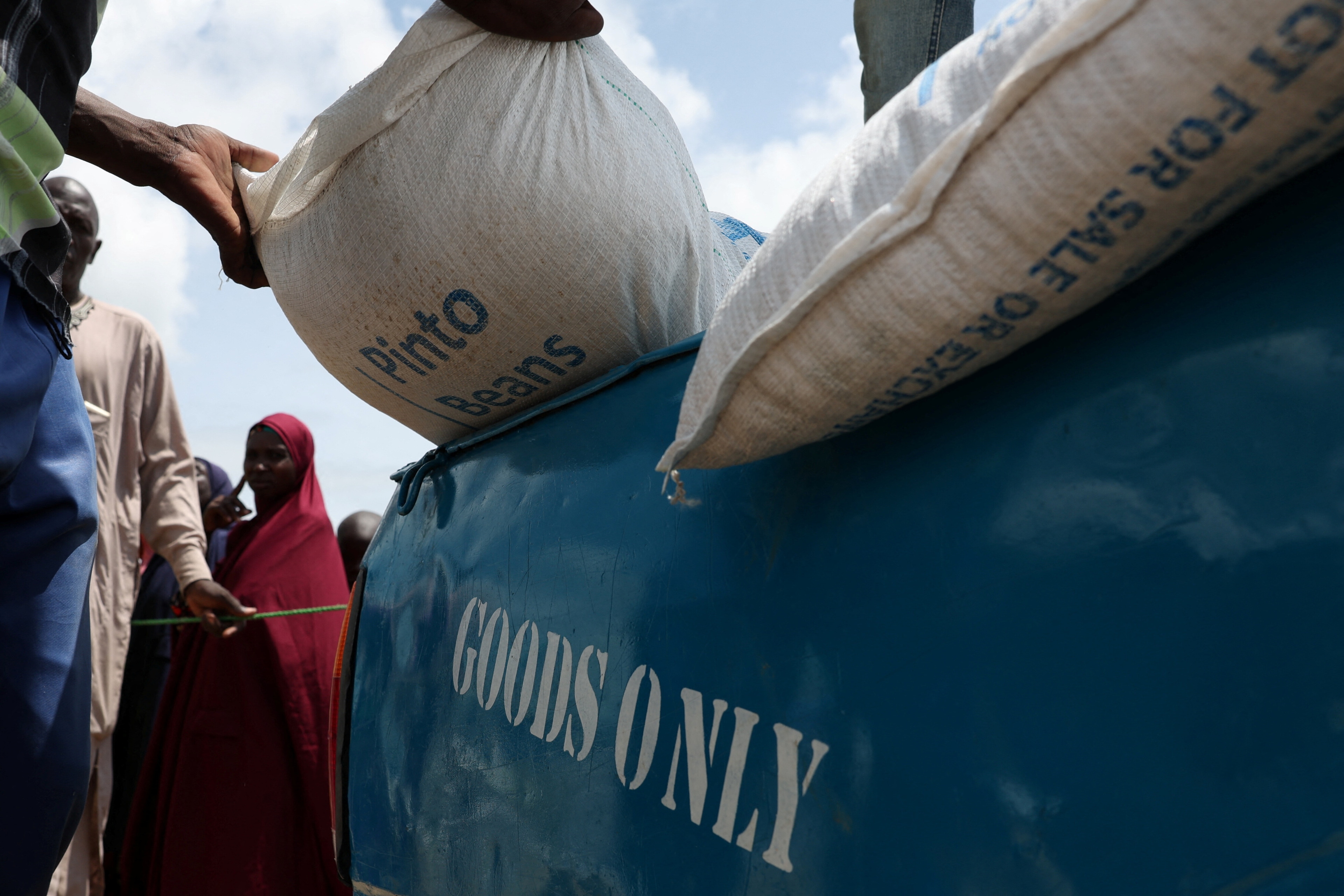EU and Latin America renew efforts to ink trade deal, and other global trade news to read this month

European Union leaders at an EU summit in Brussels in June 2024. Image: REUTERS/Yves Herman
- This monthly roundup brings you a selection of the latest news and updates on global trade.
- Top international trade stories: EU and Latin America renew efforts to ink a trade deal; WTO: High tariffs on EV critical minerals could harm developing economies; EU leaders plan two-step trade strategy if Trump wins presidency.
1. New push for EU and South America trade deal
The European Union (EU) and five South American countries are getting closer to finalizing a long-delayed trade deal.
The EU and the Southern Common Market – which is better known by its Spanish abbreviation Mercosur and includes Brazil, Argentina, Uruguay, Paraguay and recently acceded Bolivia – are expected to conclude negotiations on the agreement after progress was made on resolving contentious issues. The deal has been 20 years in the making.
One EU diplomat told the Financial Times (FT) that the deal is “a geopolitical and economic necessity”, as the Mercosur nations are a sought-after destination for European exporters.
According to the European Commission, the deal would create a market of 780 million people and save businesses in Europe more than €4 billion annually in tariffs, the FT reports. EU companies have €330 billion ($360.5 billion) of investments in the five South American nations.
The potential deal has faced opposition from French President Emmanuel Macron, who has argued it would lead to environmental damage and unfair competition for farmers. Austria was the only country to support France in opposing the deal, which could be partially adopted by a ‘qualified’ majority of at least 15 EU countries, and ratification by the European Parliament.
2. High tariffs on EV critical minerals could harm developing economies, says WTO
High tariffs on the critical minerals used in electric vehicles (EVs) could harm the economies of developing nations, according to a new report.
World Tariff Profiles 2024, co-published by the World Trade Organization (WTO), the International Trade Centre and UN Trade and Development (UNCTAD), shows that developing economies face higher tariffs on processed items using critical minerals than on the raw material.
In an article exploring how these higher tariffs impact emerging economies, the WTO said: “Developed economies tend to have lower tariffs across all stages of the EV value chain. However, their tariffs rise across the supply chain, with the highest tariffs applied to processed and finished goods. This potentially hinders the ability of developing economies to move up the value chain.”

Addressing tariff escalation in the critical minerals sector could “lead to structural transformation in developing economies, creating a more level playing field and improving living standards in these economies”, the WTO notes.
“Developing economies with rich mineral resources stand to benefit from the increase in demand for cobalt, graphite and lithium,” the article adds. “But a well-functioning multilateral trading system, supported by a fair system of tariffs at a lower level, is essential to enable these economies to participate more fully in the global EV value chain.”
How is the World Economic Forum ensuring sustainable global markets?
3. News in brief: Trade stories from around the world
Swiss watch exports have plummeted after a major slowdown in demand in China and Hong Kong. Shipments were down 7.2% in value, to 2.3 billion Swiss francs ($2.6 billion), or by 300,000 watches, in June year-on-year. This was driven by a 36.5% slump in exports to China and a 23% fall in shipments to Hong Kong.
Proposed tariffs on Chinese EVs are likely to be backed by EU member states, says European Trade Commissioner Valdis Dombrovskis. The EU's 27 nations, Dombrovskis said, would support the measures, due to be imposed in November, to help the domestic car industry compete with imports from Beijing. Just last week, China filed a complaint with the World Trade Organization, arguing that the tariffs violate trade rules and hinder the global clean energy transformation.
“Robust regulatory frameworks” are needed to protect businesses in the creative economy, according to a new UNCTAD report. The organization's Creative Economy Outlook 2024 says that regulation is necessary to ensure artificial intelligence and other technologies “benefit everyone and foster a competitive and sustainable creative economy”.
EU leaders are developing a two-step trade strategy to manage Donald Trump should he become president of the United States in November, according to the Financial Times. The European Commission plans to “offer the Republican a quick deal if he wins a second term as president, and targeted retaliation if he opts for punitive tariffs instead”, the FT says. It adds that European officials see the “carrot-and-stick approach” as the best response to Trump’s vow to impose a 10% minimum tariff on the bloc, which they believe could reduce EU exports by around €150bn a year.
Export growth in China was below expectations in July, prompting some analysts to question the country’s policy of relying on trade to overcome a weak domestic economy. In US dollar terms, exports rose 7% year-on-year according to official data released by the Chinese government – this is lower than the 8.6% rise in June, and the 9.7% growth forecast by experts.
In late July, the WTO published a draft Agreement on Electronic Commerce. The draft agreement, which has been endorsed by over 80 WTO member countries, covers digital trade facilitation, open digital environment, and business and consumer trust. While some important issues related to digital trade are not covered, the deal represents a first step in modernising WTO legal frameworks and preventing fragmentation in digital rules. The draft agreement comes after five years of negotiations.
4. More on Trade from Agenda
Geopolitical events, the climate crisis and the widespread adoption of artificial intelligence have combined to create an era of economic instability. This article explores how to build a resilient investment portfolio in uncertain times.
Recent multinational exits show the need for a different approach when doing business in Africa. Here's how companies can navigate Africa's varied markets.
With 300 million people needing humanitarian aid in 2024, the global humanitarian system is under pressure, but existing global trade networks can help, explains Charles Sekwalor, CEO and Founder, Movemeback.






